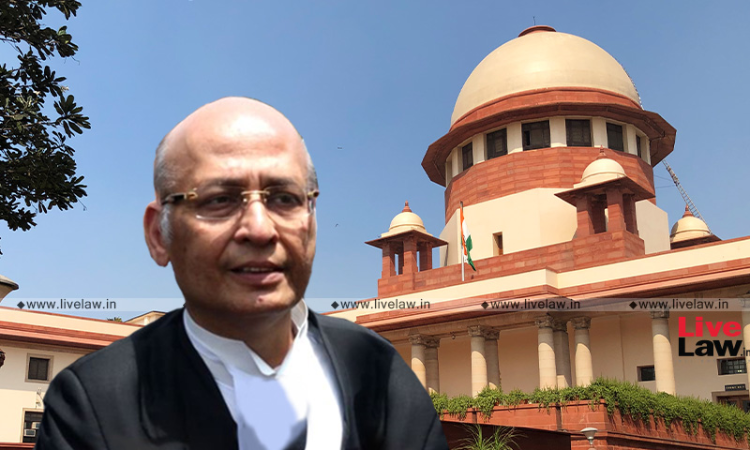The Supreme Court on Tuesday started hearing the case involving the dispute between the Delhi Government and the Central Government regarding the power of postings and transfers over civil servants belonging to All India Services serving the Government of National Capital Territory of Delhi. A Bench comprising the Chief Justice of India NV Ramana, Justice Krishna Murari and Justice Hima...

